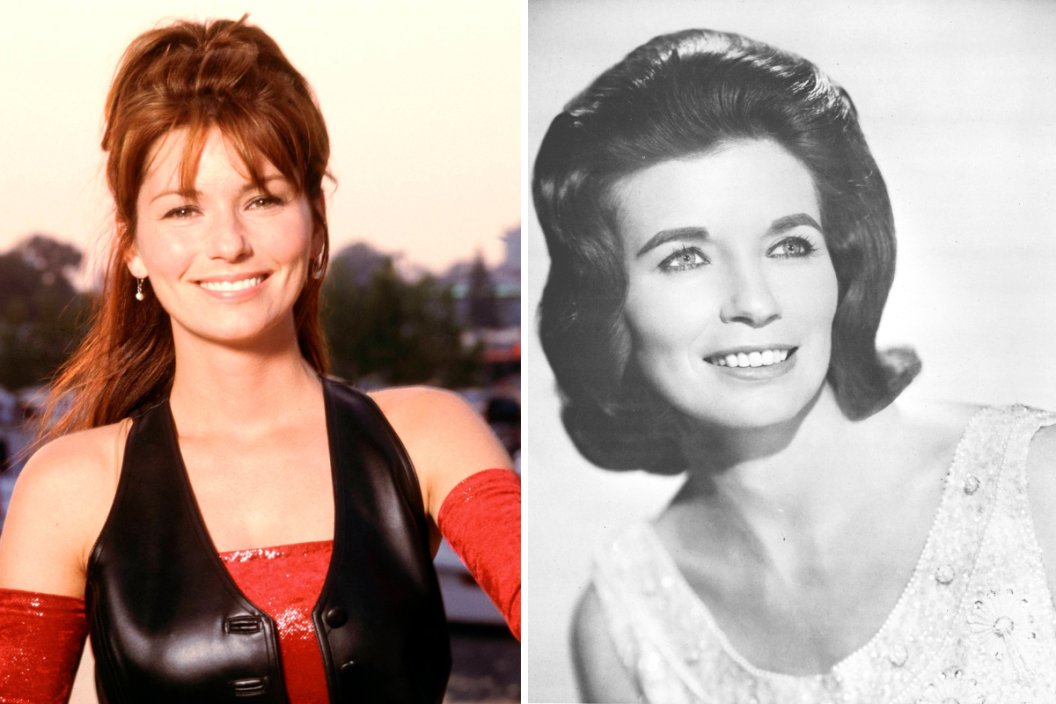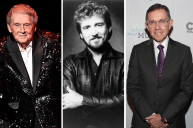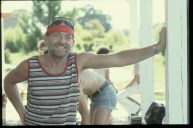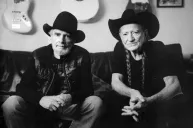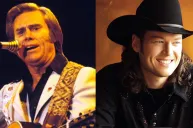Ever since its inaugural class in 1961, the Country Music Hall of Fame has remained an exclusive club for tippy-top performers, songwriters and influencers. Though 2023's three-member class grew the total number of inductions to 152, a long list of legends, from early influencers to some of the most impactful stars of the past 40 years, remain on the outside looking in.
Videos by Wide Open Country
The backlog of candidates is a result of the limited number of new inductees each year. Anonymous CMA member voters select just one new Hall of Famer apiece out of three categories— though occasionally, there's a tie, as happened in 2021 when both steel guitarist Pete Drake and drummer Eddie Bayers got in as a Recording and/or Touring Musician. Most halls of fame induct way more members in one fell swoop, with Dolly Parton being among the Rock and Roll Hall of Fame's 14-member class of 2022. Thus, the extremely long waits for such recent Country Music Hall of Famers as The Judds, Keith Whitley, Tanya Tucker and Hank Williams Jr.
The following list only considers Veterans Era (acts with 40 or more years of mainstream exposure) and Modern Era (acts with 20 or more years of mainstream exposure) candidates. There's three revolving categories we skip: Recording and/or Touring Musician, Songwriter and Non-Performer. Each of the latter three categories could make for a separate list, considering the worthy musicians (Ralph Mooney), wordsmiths (Dallas Frazier) and behind-the-scenes figures (Grand Ole Opry photographer Les Leverett) yet to be enshrined.
Read on for 10 Hall of Fame snubs that CMA voters should consider correcting in the coming years.
Michael Ochs Archives/Getty Images Literal western swing giant Ray Benson and his bandmates kept an entire country sub-genre relevant over the past 50-plus years. Concurrently, the group has drawn attention to many of Texas' contributions to country culture, from its crucial storytellers to its remaining dance halls. Michael Ochs Archives/Getty Images Many will be shocked to learn that June Carter Cash has yet to be inducted into the Country Music Hall of Fame. If you look at the Carter Family plaque, it lists only the three original members: Sara, A.P. and June's mother, Maybelle. And despite a lasting impact beyond her family ties (to the Carter Family and Johnny Cash) on country singing, dancing and comedy, one of the most pivotal figures in the genre's lore remains absent from its Hall of Fame rotunda as a solo artist. Ron Wolfson / Contributor Like other modern acts on this list, The Chicks bring past commercial and critical success plus sustained cultural relevance to the Hall of Fame snubs discussion. And yes, giving the trio its due would further necessary discussions about country music's place in the broader social-political discourse. Tom Hill/WireImage Jessi Colter should be celebrated as more than a duet partner of her late husband, Waylon Jennings. Colter excelled in her own right as a recording artist, influenced future generations of performers and played a huge role in the creation and spread of an often misunderstood concept: outlaw country. Gems/Redferns The recent inductions of Ray Charles and Jerry Lee Lewis should open the door for acts not strictly known for their country music output. John Denver makes just as much sense as a Hall of Famer, as do Gram Parsons and Linda Ronstadt. However, we'd put inductee Vince Gill's Eagles bandmates in first. Under the lead of Don Henley and the late Glenn Frey, the Eagles made the country-rock sounds of the Byrds and other forerunners a permanent arena and stadium draw. Plus, it's hard to imagine what the rocking country tunes of Garth Brooks, Brooks & Dunn and others already in the Hall would've sounded like without the band's lasting influence. Paul Natkin/Getty Images Late in his life, Freddy Fender told the Associated Press that he viewed a possible Hall of Fame induction as the opportunity to become "the first Mexican American going into Hillbilly Heaven." Fender's long overdue enshrinement would represent not just his hard-earned legacy but also the wide-reaching yet under-recognized contributions of Latinx artists to the history of country music. FilmMagic/FilmMagic As a bluegrass trendsetter, producer for the likes of Alan Jackson and winner of a staggering 27 Grammy awards, Alison Krauss deserves serious consideration as Hall of Fame voters work their way through the long list of '80s and '90s greats worthy of an induction. GAB Archive/Redferns From the late 1930s to the mid 1950s, Rose Maddox and her brothers helped mold the sound of rock and country to come as "hillbilly" music adapted and survived in a rapidly-changing marketplace. America's Most Colorful Hillbilly Band also set a high aesthetic standard for sharp-dressed acts decked out in western wear. Michael Ochs Archives/Getty Images Ralph Stanley gets his due as a high tenor vocalist, clawhammer-style banjo picker and guiding force in the development and spread of bluegrass music. His brother Carter's place in history hardly gets ignored either, considering his widely acknowledged spots in the pantheons of country and bluegrass guitarists, vocalists and songwriters. Yet fans of two pivotal figures in the history of American music still long for their shared enshrinement. Beth Gwinn/Redferns From album, single and ticket sales in her '90s prime to her sustained relevance in popular culture, Shania Twain checks off the same boxes as the handful of contemporaries already in the Hall of Fame. That's why her induction seems like an inevitability that's been postponed because of the backlog of worthy predecessors that recently got the call.Asleep at the Wheel
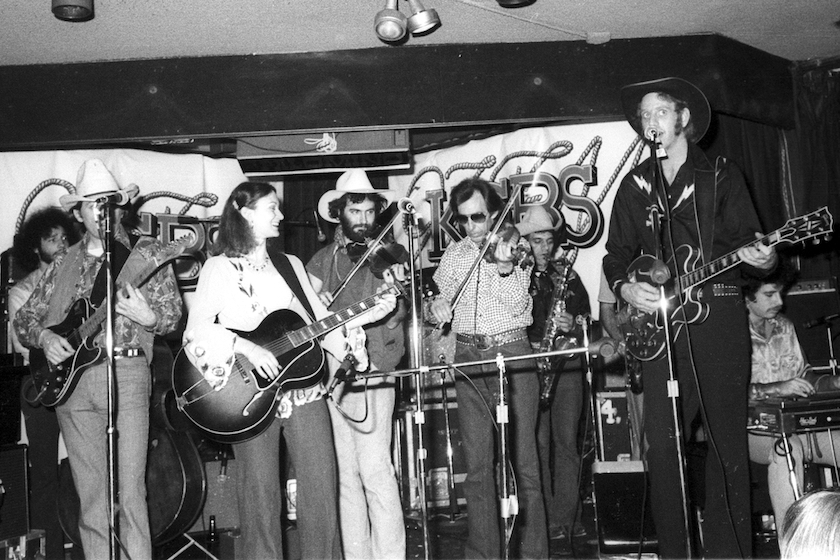
June Carter Cash
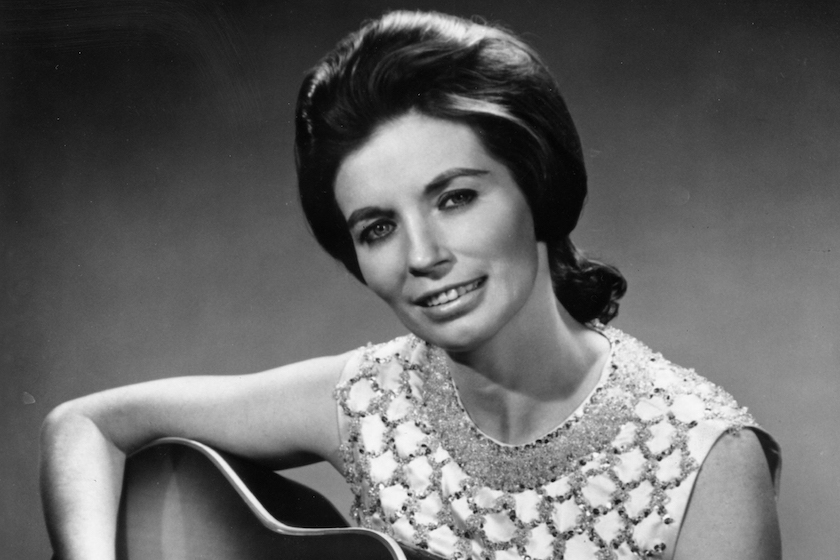
The Chicks
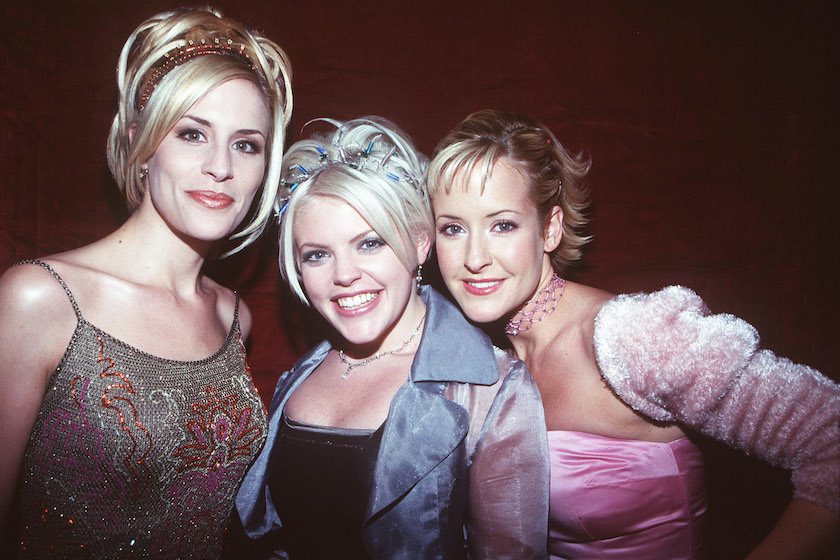
Jessi Colter
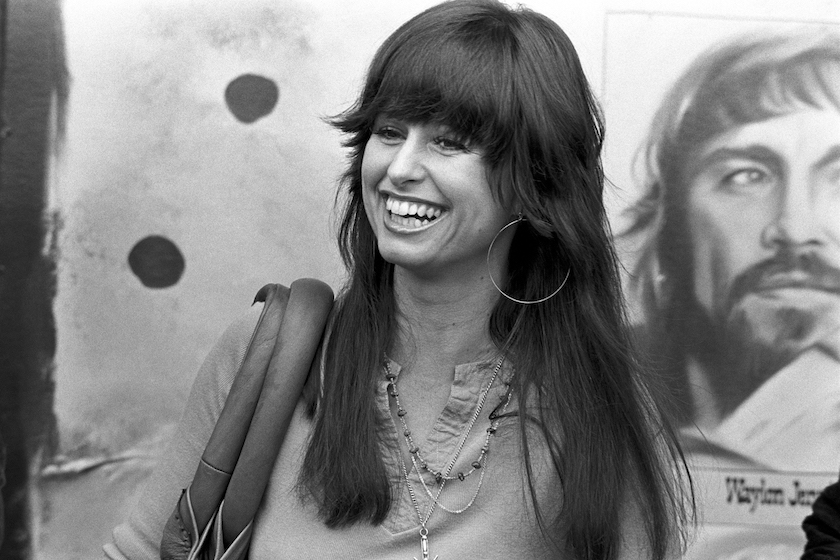
Eagles
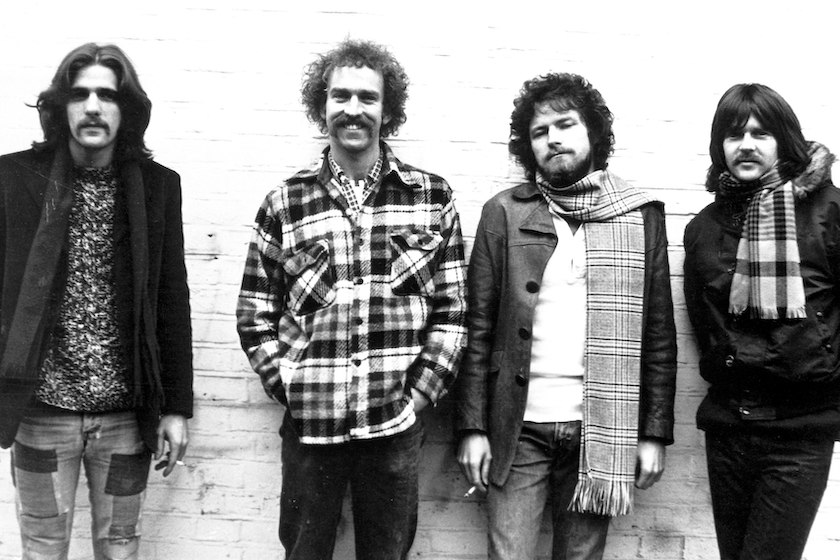
Freddy Fender
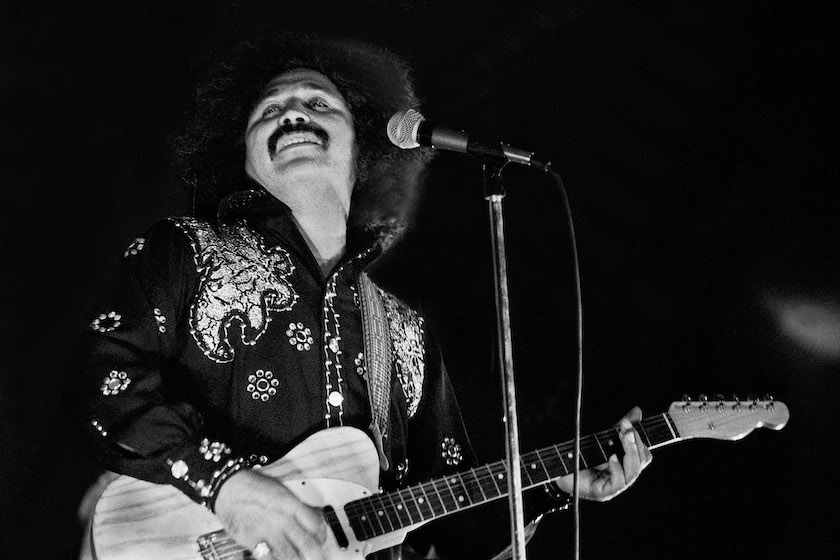
Alison Krauss
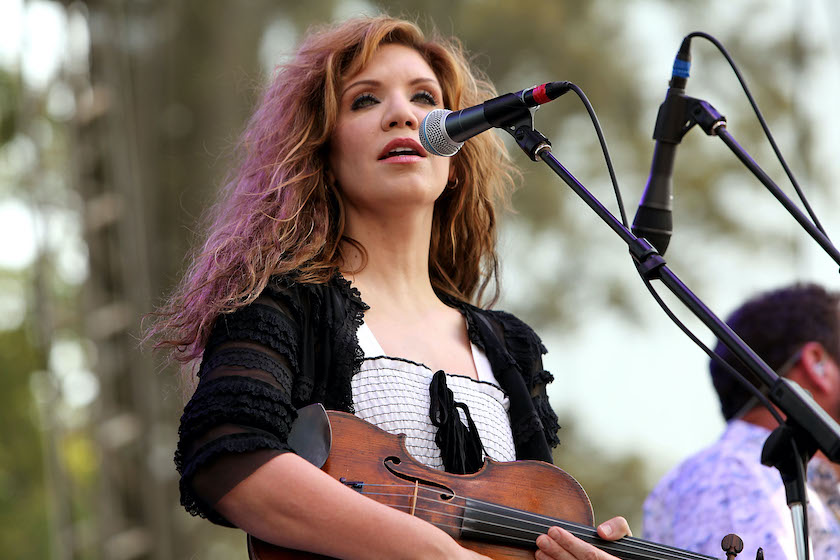
The Maddox Brothers & Rose
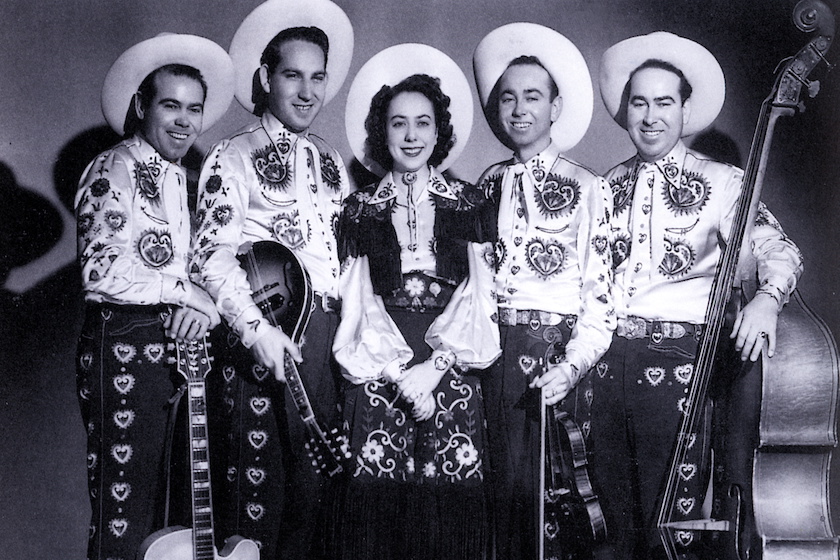
The Stanley Brothers
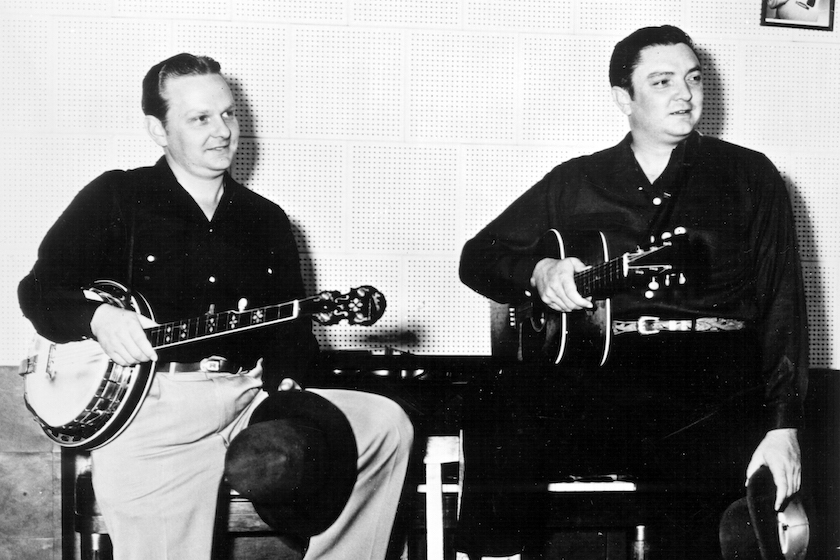
Shania Twain
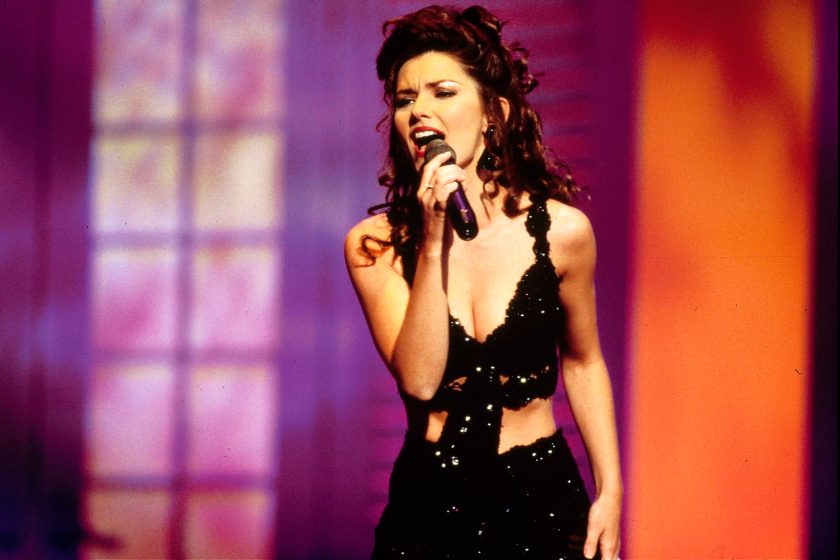
Editor's Note: This story was previously published on July 19, 2022.
READ MORE: Willie Nelson Says These Two Artists Belong in the Rock Hall
